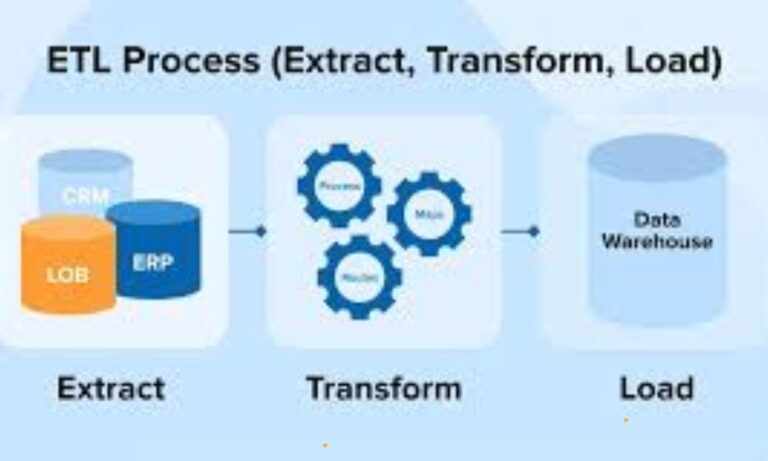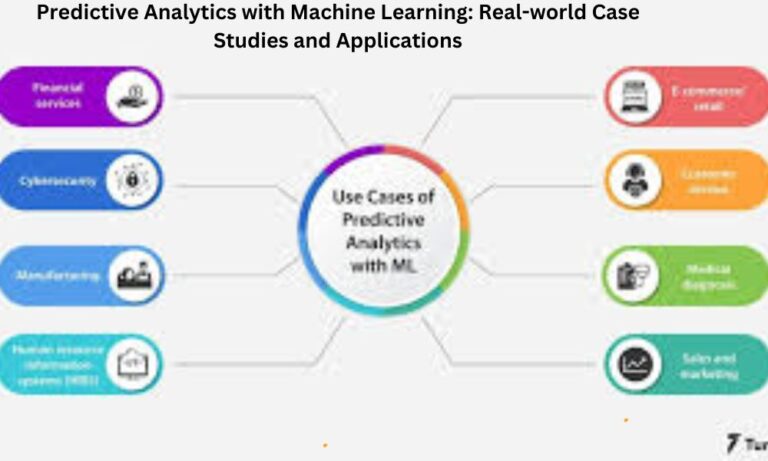Building a Successful Data Science Career: Essential Skills and Diverse Career Paths
Embarking on a career in data science opens doors to a dynamic field with diverse opportunities. In this guide, we’ll navigate the complex landscape of data science careers, focusing on essential skills, industry demands, and the multitude of career paths available. Whether you’re a seasoned professional or a newcomer, understanding the nuances of this field is crucial for success.
Table of Contents
Understanding the Data Science Landscape
Data science, a multidisciplinary field, involves extracting insights and knowledge from data. It has evolved to become a cornerstone in various industries, from finance to healthcare. The demand for skilled professionals continues to skyrocket as organizations recognize the value of data-driven decision-making.
Essential Skills for Data Scientists
Technical Skills
Proficiency in programming languages such as Python, R, and SQL is paramount. Data manipulation and analysis skills, coupled with expertise in machine learning and statistical modeling, form the technical backbone of a successful data scientist.
Soft Skills
In addition to technical prowess, effective communication, problem-solving, and collaboration are essential. Data scientists must convey complex findings in a comprehensible manner, work through intricate problems, and collaborate seamlessly with diverse teams.
Navigating Data Science Roles
Data Analyst
Data analysts play a pivotal role in deciphering data to aid decision-making. Required skills include statistical analysis and data visualization. Industries such as finance, marketing, and healthcare offer diverse opportunities for data analysts.
Machine Learning Engineer
Machine learning engineers focus on developing algorithms that enable machines to learn from data. A strong background in mathematics, programming, and machine learning is essential. Industries like tech, finance, and healthcare actively seek machine learning expertise.
Data Scientist
Data scientists wear multiple hats, handling data analysis, machine learning, and problem-solving. They find opportunities in various sectors, including e-commerce, healthcare, and cybersecurity. A diverse skill set is crucial for success in this role.
Data Engineer
Data engineers build and optimize systems for data generation and processing. Proficiency in data architecture and ETL (Extract, Transform, Load) processes is vital. Opportunities abound in industries relying heavily on data, such as tech and finance.
Building a Career in Data Analytics
Data analytics focuses on interpreting data to extract actionable insights. Professionals in this field require skills in data interpretation, statistical analysis, and visualization. Careers in data analytics are prevalent in sectors like marketing, finance, and healthcare.
Future Trends in Data Science Careers
As technology advances, so do the roles within data science. Emerging technologies like artificial intelligence and edge computing are shaping the future. Data scientists must stay abreast of these changes to remain relevant in an ever-evolving field.
Crafting Your Successful Data Science Career
In conclusion, the path to a successful data science career involves mastering a blend of technical and soft skills, understanding diverse roles, and staying attuned to industry trends. By continuously updating your skill set and adapting to the evolving landscape, you position yourself for success in this dynamic field.
Certainly! You can use a broad and encompassing heading to tie together these sub-topics. A suitable main heading could be:
Advancing Your Data Science Expertise: Beyond Basics
Under this main heading, you can organize the guide into various sections covering each sub-topic, providing a comprehensive resource for individuals looking to deepen their understanding of data science and navigate the complexities of the field.
Data Ethics and Privacy
Understanding the ethical considerations and privacy concerns associated with data science is paramount. Data professionals need to be well-versed in the responsible use of data and the potential implications of their analyses on individuals and society.
This includes addressing issues such as informed consent, data anonymization, and the ethical implications of algorithmic decision-making. A comprehensive understanding of data ethics ensures that data scientists contribute to positive societal impacts and adhere to ethical standards in their work.
Data Governance
Establishing robust data governance practices is critical for maintaining data quality, ensuring security, and complying with regulations. Data governance encompasses processes, policies, and frameworks that govern how data is managed, accessed, and utilized within an organization.
Concepts such as data lineage, metadata management, and data stewardship play a crucial role in maintaining the integrity of data. By implementing effective data governance, organizations can enhance their data management practices, reduce risks, and ensure compliance with industry regulations.
Big Data Technologies
A deeper exploration of big data technologies, including Hadoop, Spark, and distributed computing frameworks, is essential for data scientists. These technologies are instrumental in handling and processing large volumes of data efficiently.
Understanding their functionalities and applications equips data professionals with the tools needed to manage and analyze vast datasets, enabling them to derive meaningful insights from complex and extensive data sources.
Data Visualization Techniques
While data visualization is briefly touched upon, a more in-depth discussion on various data visualization techniques and tools, such as Tableau and Power BI, is crucial.
Effective data visualization enhances the communication of insights, making complex findings more accessible to stakeholders. Exploring different visualization methods and tools empowers data scientists to present their results in a visually compelling and comprehensible manner, facilitating better decision-making within organizations.
Domain-Specific Knowledge
Highlighting the significance of domain-specific knowledge in data science is essential. Depending on the industry, having a deep understanding of the business or scientific domain enhances the relevance and impact of data analyses.
Data scientists with domain expertise can better identify meaningful patterns, develop contextually relevant models, and provide insights that align with the specific challenges and goals of the industry they are working.
Continuous Learning and Professional Development
Emphasizing the importance of continuous learning and professional development is crucial in the ever-evolving field of data science.
Staying updated with the latest advancements, participating in online courses, attending conferences, and engaging in continuous learning opportunities contribute to ongoing skill enhancement.
This commitment to professional development ensures that data scientists remain agile and adaptable, ready to incorporate new technologies and methodologies into their skill sets.
Frequently Asked Questions (FAQ)
What programming languages are essential for a data scientist?
Proficiency in languages like Python, R, and SQL is crucial for data scientists. These languages enable data manipulation, analysis, and the development of machine learning models.
Are soft skills important in the field of data science?
Absolutely. Soft skills such as effective communication, problem-solving, and collaboration are essential for data scientists to convey findings, tackle complex problems, and work seamlessly with diverse teams.
Which industries offer diverse opportunities for data analysts?
Data analysts find opportunities in various industries, including finance, marketing, and healthcare. The demand for their skills extends across sectors where data-driven decision-making is critical.
How can one prepare for the future of data science careers?
Staying updated on emerging technologies like artificial intelligence and continually honing skills is crucial. Networking, participating in industry events, and pursuing advanced education are effective ways to prepare for the future.
What is the role of a data engineer, and in which industries are they in demand?
Data engineers build and optimize systems for data processing. They are in demand in industries heavily relying on data, such as technology and finance, where efficient data architecture is essential.


